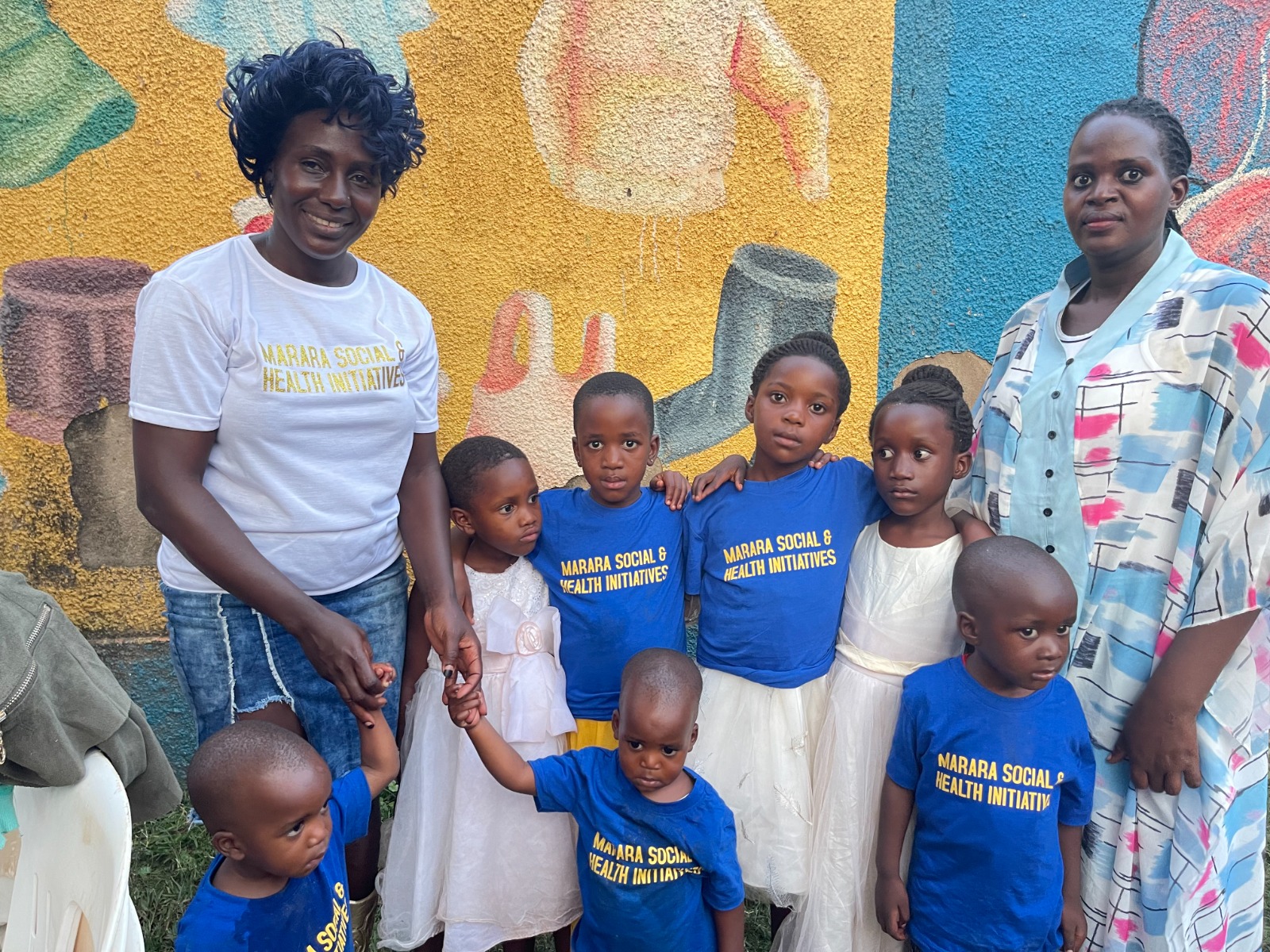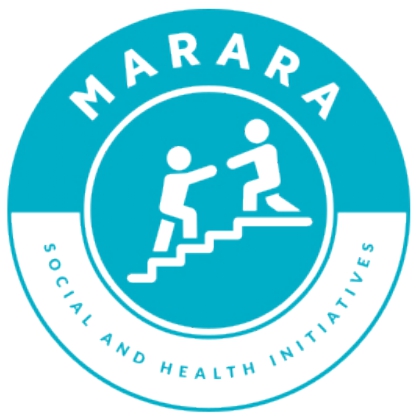Early Childhood Care and Education (ECCE)

What Pre-school education centres
Why
The global Agenda 2030 for sustainable development embodies the aspirations for a world that is more equal, prosperous and peaceful. Sustainable development Goal (SDG) number four provides for quality education, education is a basic human right and yet it is very far from many low social economic class children.
The NDP III indicates that Uganda has the second largest young population in the world; 50.3% of the 40 million people are below the age of 15 years. However, the current demographic indicators are challenging with human development index (HDI) of 0.516, the country is classified among the low human development category and ranks 162 out of 189 countries. Sadly too, our Human Capital Index (HCI) is 38% which implies that with the current state of education and health, a child born in Uganda is expected to achieve only 38% of their potential at age 18. As evidenced in the National Development Plan (NDP III) one of the challenges in education is low access to Early Childhood Care and Education (ECCE) at 15.6% in 2015/16 (pre-school).
The NDPIII document chapter 16 that opens with an invaluable statement ‘A country that does not invest in its human capital mortgages its future’ and this cannot be over emphasized. The Ugandan government aided education system starts at primary one and has not yet accommodated the pre-school education yet it is a pre-requisite for primary one admission (because the candidate is expected to know how to read and write). Although primary school enrolment has grown over the years, an increasing number of children are missing out on the formal education intervention because their parents have failed to raise money for their pre-school education. This problem is getting bigger as a result of the COVID lockdowns; most children from poor communities like urban slums who were ripe to start school at the time of lockdowns did not start and have not started because their parents failed to recover financially. When an individual misses out on the basic literacy and numeracy skills, they miss out on primary education and as if that is not enough, they miss out on vocational training for the same reasons; which makes it difficult to actively participate in the global village in this information age.
Who
Children 5-9 years who have never attended school
Children 3-4 years from poor households
Where
A pre-school resident in the low income community
When
As soon as possible
How
A subsidized/free pre-school offering quality education to low income communities selected using the global multi-dimensional poverty index criteria in context.
